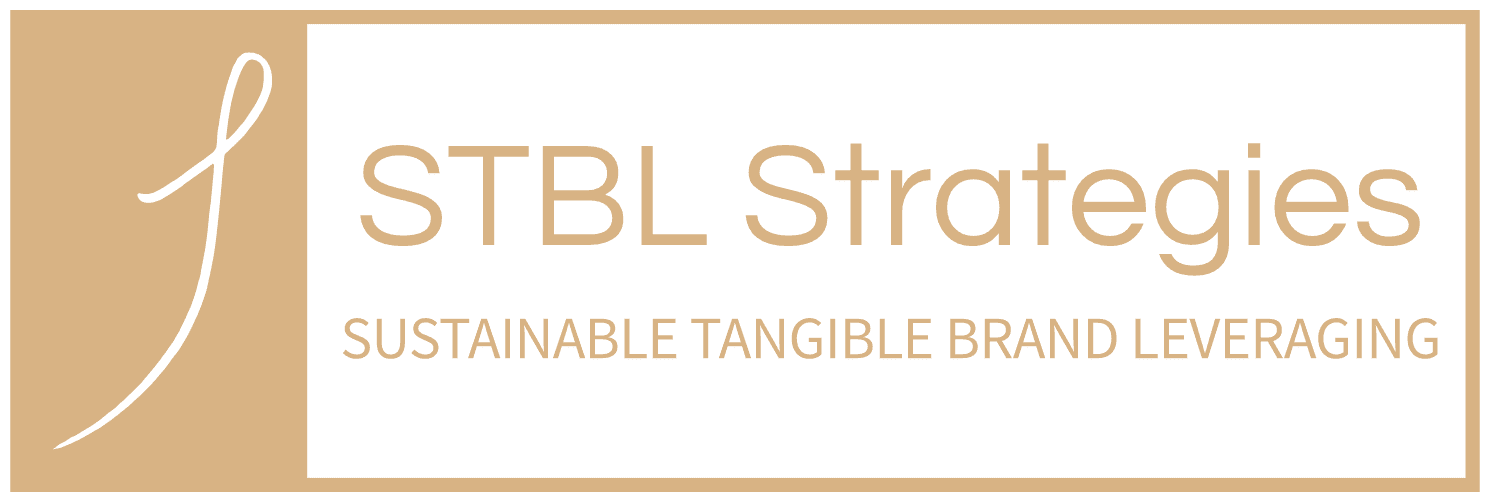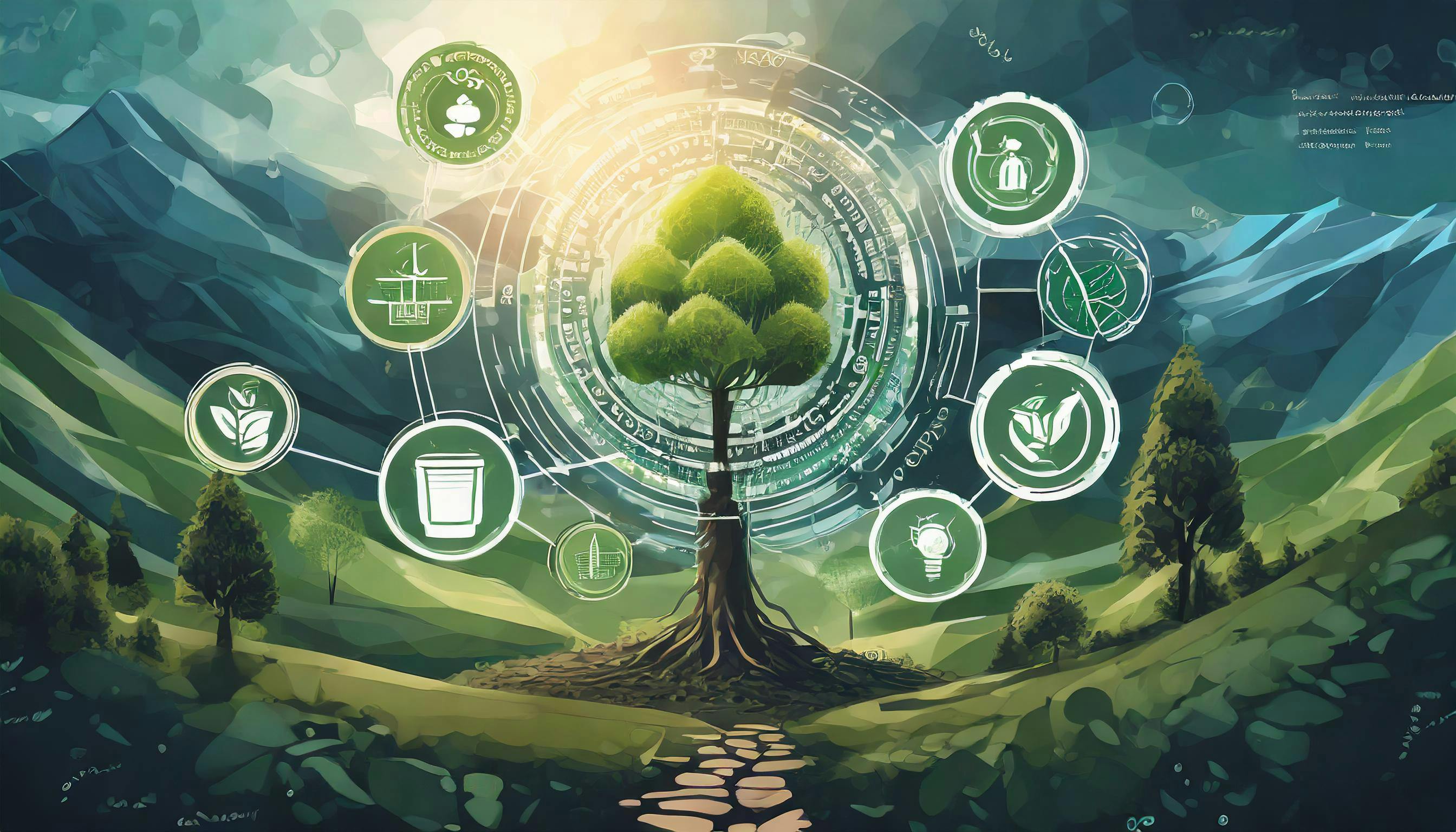Understanding sustainability credentials can be bewildering for consumers. With so many certifications, each with its unique focus, it's tough to know which truly align with your values. This complexity often leads to confusion, making it hard to distinguish meaningful sustainability efforts from mere greenwashing. Recognizing this challenge, we at [Your Company] are here to clarify these distinctions. We're committed to helping you find the right partners, ones whose certifications match genuine, impactful sustainability practices. Let us guide you through the maze of credentials, ensuring your choices are informed, clear, and aligned with your environmental and social goals.
Sustainability credentials, certifications, and labels play a crucial role in demonstrating a company's commitment to environmental stewardship, social responsibility, and sustainable business practices. These credentials can cover a wide range of areas, including energy efficiency, sustainable materials use, fair labor practices, and more. Below, I've outlined a comprehensive list of sustainability credentials available in the US market today, categorized by their primary focus area. This list can serve as a valuable resource for companies looking to enhance their sustainability efforts and for marketing professionals aiming to showcase a brand's commitment to sustainability.
Certification Summaries
Energy Efficiency and Green Building
- LEED: The most widely used green building rating system, LEED certifies buildings that save energy, use fewer resources, reduce pollution, and contribute to healthier environments for their occupants and the community.
- Energy Star: A program that certifies buildings and products for superior energy efficiency, helping save money and protect the environment through energy-efficient products and practices.
- Green Globes: An adaptable green building assessment protocol that provides market recognition for building managers and owners who strive to minimize environmental impacts.
- Living Building Challenge: The world’s most rigorous proven performance standard for buildings, it demands 100% self-sufficiency in energy and water for 12 continuous months.
- WELL Building Standard: Focuses on the health and well-being of building occupants, certifying buildings that enhance occupants' health through air, water, and light quality improvements.
Sustainable Materials and Products
- Cradle to Cradle Certified: Recognizes products designed for reduced waste and environmental impact, encouraging sustainable materials usage and recycling.
- Green Seal: Identifies products and services that have less impact on the environment and human health, certified through rigorous testing and evaluation.
- Forest Stewardship Council (FSC): Ensures that products come from responsibly managed forests that provide environmental, social, and economic benefits.
- Sustainable Forestry Initiative (SFI): Promotes sustainable forest management covering key values such as protection of water quality, biodiversity, wildlife habitat, species at risk, and forests with exceptional conservation value.
- Rainforest Alliance Certified: Focuses on making responsible business the new normal, to benefit people, nature, and biodiversity by making responsible business choices.
Environmental Impact
- CarbonNeutral Certification: Offers a clear, credible, and transparent pathway for businesses to achieve carbon neutrality, following the CarbonNeutral Protocol.
- Climate Neutral Certified: Allows companies to quantify their carbon emissions, offset them to net-zero, and implement strategies to reduce emissions moving forward.
- Environmental Product Declarations (EPD): Provides transparent and comparable information about the life-cycle environmental impact of products.
Social Responsibility and Fair Trade
- Fair Trade Certified: Guarantees consumers that the products they purchase were grown, harvested, crafted, and traded in ways that improve lives and protect the environment.
- B Corp Certification: Certifies companies meeting high standards of verified performance, accountability, and transparency on factors from employee benefits and charitable giving to supply chain practices and input materials.
- SA8000: A social certification standard for factories and organizations across the globe, ensuring ethical working conditions.
Industry-Specific Certifications
- GREENGUARD Certification: Certifies products and materials for low chemical emissions, improving indoor air quality.
- Blue Angel: The eco-label for products and services that have been designed to reduce their environmental impact, including factors like energy efficiency, emissions, and the avoidance of environmentally harmful substances.
- Global Organic Textile Standard (GOTS): Ensures textiles are organic, processing standards are met, and workers are treated fairly.
Sustainability Reporting and Management
- ISO 14001: Provides a framework that a company or organization can follow to set up an effective environmental management system (EMS).
- Global Reporting Initiative (GRI): An international independent standards organization that helps businesses, governments, and other organizations understand and communicate their sustainability impacts.
Sustainable Operations and Supply Chain
- ISO 50001: Supports organizations in all sectors to use energy more efficiently, through the development of an energy management system (EnMS).
- SCS Global Services: Provides global leadership in third-party quality, environmental, and sustainability verification, certification, auditing, and testing services.
Product-Specific Sustainability
- OEKO-TEX®: Offers confidence in textile safety by testing for harmful substances in textiles and materials.
- Electronics Product Environmental Assessment Tool (EPEAT): A global rating system for electronics that helps purchasers choose greener gadgets and gear.
Diversity, Inclusion, & Equity Certifications
- DiversityInc Top 50 Companies for Diversity: Recognizes the nation’s top companies for diversity and inclusion management, prioritizing the attraction, retention, and promotion of diversity within their organizations.
- National Minority Supplier Development Council (NMSDC): Enhances the economic sustainability of America’s minority businesses and the communities they serve.
- Women's Business Enterprise National Council (WBENC): Certifies women-owned businesses and is a leading advocate for women business owners and entrepreneurs.
Social Equity and Inclusion
- Disability:IN: Offers tools and programs that help businesses advance their disability inclusion efforts.
- Human Rights Campaign’s Corporate Equality Index: Measures and benchmarks corporate policies, practices, and benefits pertinent to lesbian, gay, bisexual, transgender, and queer employees.
- MindClick: Evaluates the sustainability and social responsibility of suppliers, focusing on environmental and social impacts to drive positive change through the supply chain.
Integrative Certifications and Standards
- Global Impact Sourcing Coalition (GISC): Recognizes companies that create jobs for those most in need through the practice of Impact Sourcing.
- EcoVadis: Provides holistic sustainability ratings service of companies, assessing various CSR aspects including environmental, labor practices, ethics, and sustainable procurement.
- B Lab’s Inclusive Economy Challenge: Encourages B Corps to make even greater impacts on their communities, focusing on creating a more inclusive economy.
At STBL Strategies, we believe in taking actionable steps towards a sustainable and inclusive future. Our commitment to these values is unwavering, as we continue to innovate, lead, and inspire change within our industry and beyond. Join us as we work together to make a positive impact on the world.

